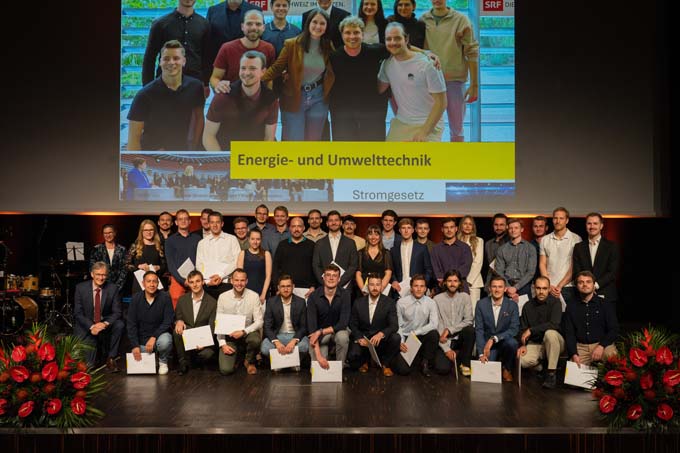Price increase for cars due to semiconductor shortage?
As a result of the shortage of semiconductors, the price of cars could rise: There is a wide gap between supply and demand. Automakers do not expect the situation to ease until 2022.

Are we threatened by a price increase for cars? Yes, says a study by credit insurer Euler Hermes, for example. The reason why European carmakers are likely to turn the price screw more sharply is an unprecedented shortage of materials, especially semiconductors. This is creating a mismatch between supply and demand in the European automotive sector that could last until the first half of 2022, according to Euler Hermes' assessment. This presents carmakers with a unique opportunity to raise prices after almost 20 years and significantly improve their margins, it said.
Possible price increase for cars of up to 6 %
"European carmakers are currently sitting on the longer end of the stick due to the chip shortage," says Stefan Ruf, CEO of Euler Hermes Switzerland. "3-6% price increases are therefore currently possible across Europe, in Germany even between 4 and over 10% - at least until the state of emergency in semiconductors returns to normal. However, this is likely to continue into the first half of 2022."
The automotive sector is already benefiting from rising demand following the major reopening after the lockdown in numerous countries. New registrations in Europe increased by +25.2 % year-on-year in H1 2021 to almost 5.4 million passenger cars (+1.354 million units). According to auto schweiz, 143,969 new cars have hit the roads of Switzerland and Liechtenstein since the beginning of 2021, 14.4 percent more than in the first seven months of the "Corona year" 2020 (125,842). However, the effects of the semiconductor crisis are now causing the further market recovery to falter. After registering a small increase in June compared to the same month last year, the July figures are now below the 2020 result and even more significantly behind the pre-crisis level, according to the preliminary results of auto schweiz. Thus, in July 2019, 25,518 new passenger cars had still been put on the road for the first time - the current market level of 19,422 redemptions is 23.9 percent lower.
Pent-up demand discernible
"The catch-up boom is in full swing and the industry is stepping on the gas again," says Stefan Ruf, meanwhile. "While nowhere near pre-crisis levels, we are seeing significant double-digit growth in new registrations in all major European markets, particularly Italy (+51%) and Spain (+34%). This recovery, together with rising pricing power, is a ray of hope for the entire industry that a return to a new normal will soon be underway."
"We are currently experiencing the bottom of the semiconductor crisis, which is hitting us harder than originally expected," is how auto-schweiz Director Andreas Burgener also sums up the current situation. "The shortage of electronic components and chips at manufacturers and suppliers has reached enormous proportions. However, we see light at the end of the tunnel and hope that the situation will normalize in the fourth quarter." By then, no more restrictions are likely to be felt in the coming year, Burgener concluded.
The industry must set the course for the future
The changes in the automotive industry also have an impact on the Swiss supplier industry, says Stefan Ruf. However, he added, the industry now also urgently needs to think outside the box and set an important course so as not to fall further behind when it comes to sustainability and alternative drive technologies. "With higher prices and margins, this is not the worst starting situation."
Higher margins may well serve carmakers, but not their suppliers, as the example of Hatebur Umformmaschinen AG in Reinach BL shows. This family-owned company, which is more than 100 years old, recently had to cut 30 jobs because demand for machines and services had declined rapidly in recent years, as also reported in the Daily Press was to read.
Sources: Euler Hermes, car switzerland









